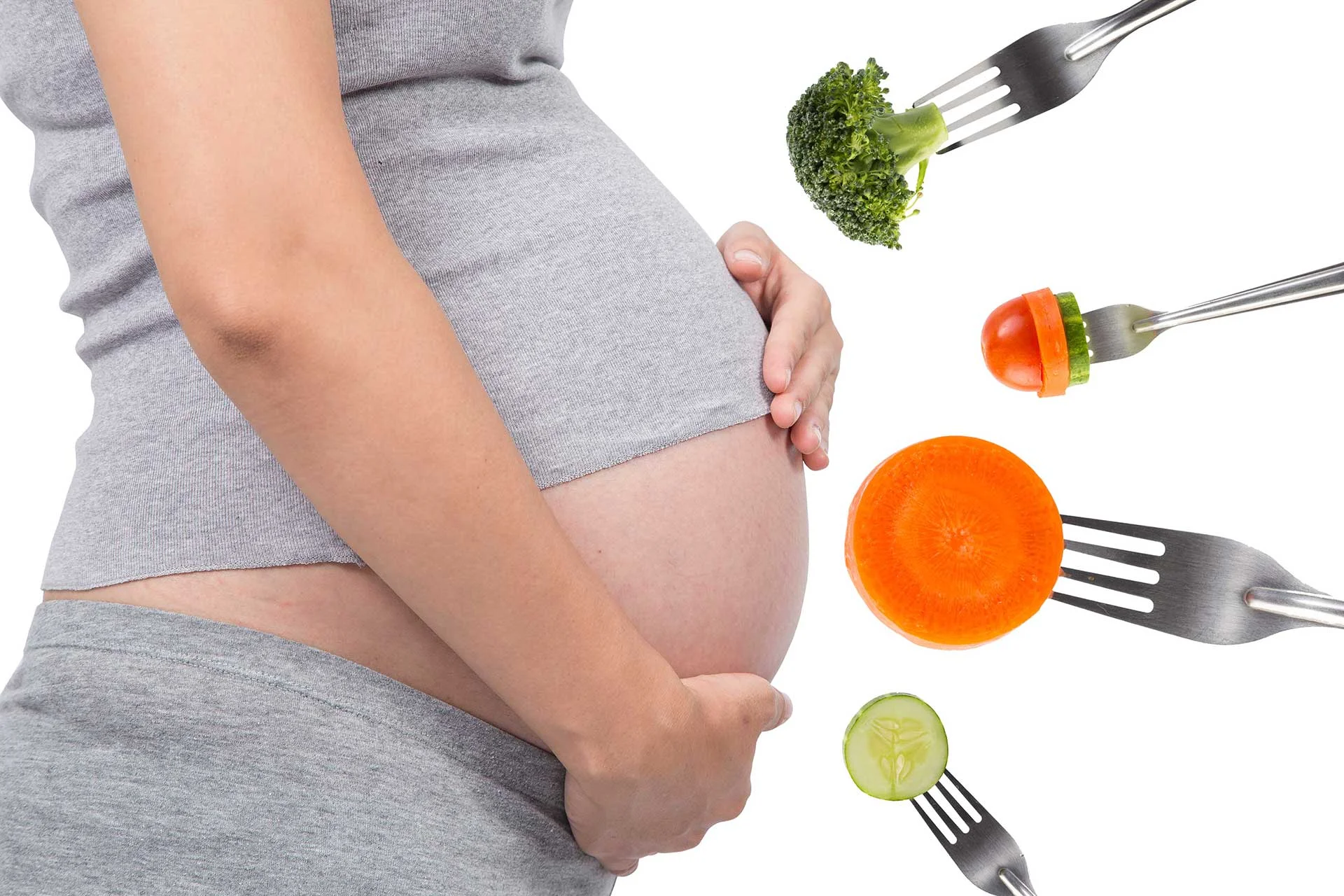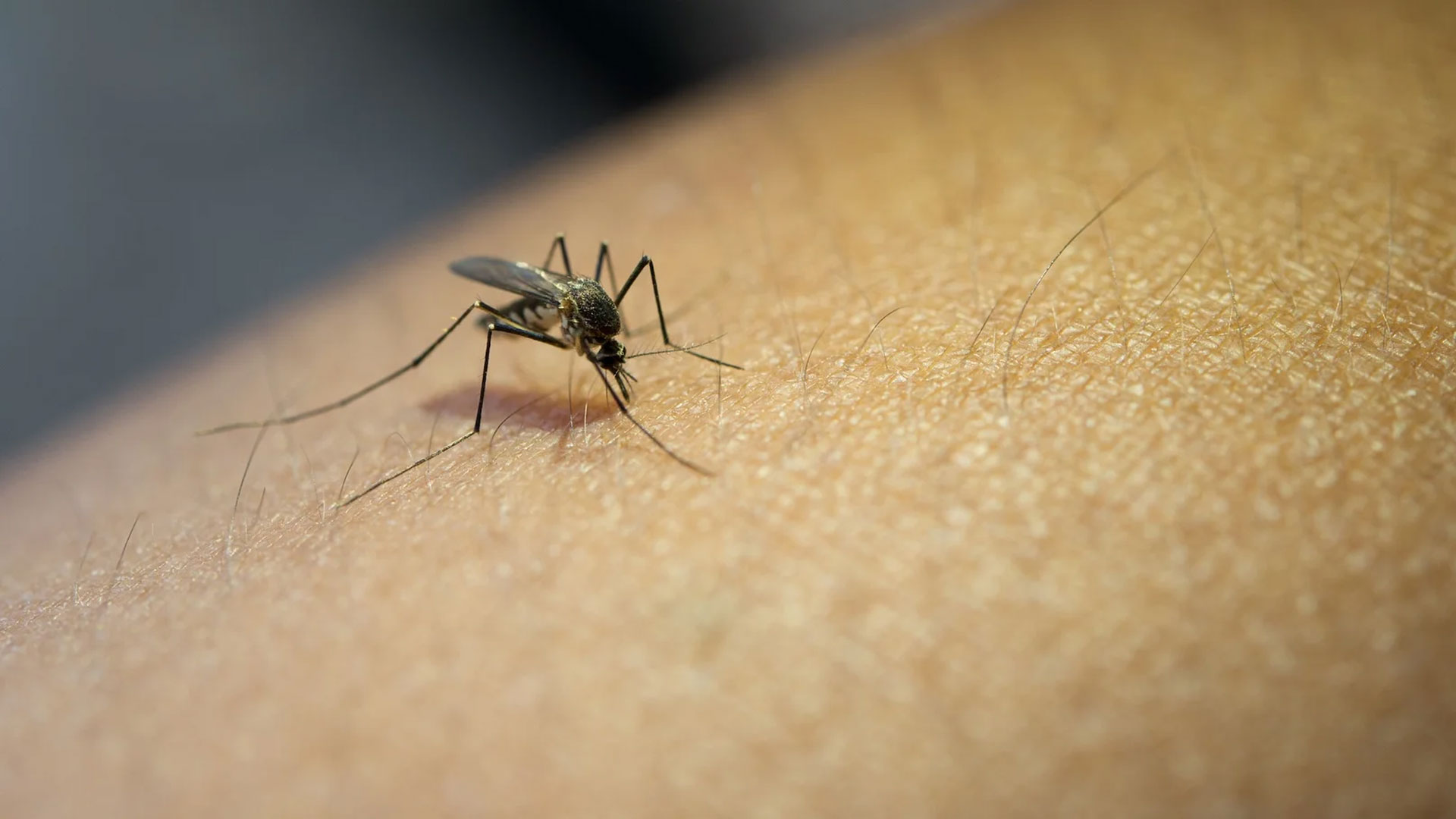Body Mass Index (BMI-kg/m2), which allows individuals to control their weight, is a parameter obtained by dividing the weight by the square of the height. While BMI being in the underweight category indicates malnutrition, being in the obesity category indicates unbalanced nutrition. If the mother's body mass index is in the underweight category or in the obesity category during preconception period, it may affect the health of the mother and fetus, the birth weight and birth time, and the risks of some diseases in the future.Recent studies report that increased body mass index (BMI) or being in the obesity class is associated with low birth weight babies and premature birth during the preconception period. If the mother's BMI is in the obesity class before pregnancy, it causes the accumulation of lipids and different metabolites in the oocyte and mitochondrial-cellular damage. Increasing BMI may increase the risk of malformation during intrauterine life or at birth and the risk some health problems such as diabetes, and preeclampsia. Some studies have revealed that the incidence of allergies and atopic reactions is higher in the infants who have maternal obesity.Weight gain or obesity and malnutrition of the father as well as the mother before pregnancy reduce sperm quality and sperm motility, and also increase the risk of sperm DNA damage and gene mutations. Furthermore, the paternal diet also affects the formation of a healthy embryo, term birth, and the risk of cardiovascular diseases in future. For this reason, not only women but also men need to control their weight and regulate their nutritional patterns before pregnancy.The fact that the mother belongs to the underweight category before pregnancy affects the health of the mother and the baby during and after pregnancy. Insufficient source of energy and nutrients such as protein, calcium, phosphorus, iron, zinc and iodine before pregnancy and not having acquired healthy eating habits will cause an inability to provide the increasing requirements for pregnancy and lactation. Recent studies have been determined that adding foods enriched with vitamins and minerals to the diet of women who were malnourished and underweight before pregnancy and increasing their energy and protein intake reduces the risk of diabetes, preeclampsia during pregnancy, spontaneous abortion, stillbirth and low birth weight. Insufficient nutritional status of the mother and father before pregnancy affects the baby's risk of being hypertensive, and diabetic, andpossessing cardiovascular diseases in the future.
Folic acid
The 3 months before pregnancy are a critical period for optimizing reproductive cell function and early placental development. The benefits of folic acid supplementation during the pre-pregnancy period include reducing the risk of preeclampsia, abortus, low birth weight, birth small for gestational age, stillbirth, neonatal death and autism in children. Moreover, after conception, the neural tube forms in the embryo and closes at the beginning of the first trimester. Since pregnancy is usually not noticed or detected in these weeks, healthcare professionals emphasize that pregnancy is supposed to be planned and folic acid supplements should be started during the preconception period.Since it is extremely difficult to complete the folic acid level required during pregnancy with oral intake, folic acid supplements should be taken along with nutrition. In a study conducted in 1.5 million women, it was determined that folic acid supplementation 3 months before pregnancy reduced the risk of abortus, stillbirth, low birth weight and neonatal death compared to women who did not supplement. Since folic acid levels are low in risk groups, food is especially enriched in folic acid in many countries. In Türkiye, you can find folic acid enrichment in the most used products (for example, white flour, and salt) by the public. It would also be a better choice for women s who are planning pregnancy or who are likely to become pregnant to choose such enriched products.The World Health Organization recommends 400 mcg/day folic acid supplementation, starting from pre-pregnancy and including the first 3 months of pregnancy. The best sources of folic acid in food are liver, eggs, legumes, green leafy vegetables and citrus fruits such as oranges. No toxic doses have been reported in natural intake.
Iron
Iron deficiency is a health problem that is more common in women than men in many countries, especially in Türkiye. In Türkiye, one in every two women is diagnosed with iron deficiency anemia. Many reasons such as genetic factors, physiological factors, disease background and nutritional pattern (Türkiye has a grain-based nutritional pattern) predispose to iron deficiency anemia. Although interventions such as iron supplementation, iron enrichment in foods, and regulation of the iron content of the diet are effective during pregnancy, detecting existing iron deficiency in the pre-pregnancy period and intervening in the early period will affect the pregnancy and the health of the mother and newborn. Severe iron deficiency during pregnancy can cause circulatory shock and death of mother and fetus. Moreover, iron deficiency affects brain development in the fetus and has a bad effect on the hippocampus, learning and memory.It has also been determined that iron supplementation before and during pregnancy reduces postpartum bleeding and accelerates postpartum recovery.
Zinc
Zinc is a micronutrient that has many functions in the body and is extremely important for reproductive cell health and optimal fertility. Serum zinc levels and dietary zinc intake levels of individuals should be evaluated before pregnancy. Recent studies have determined that zinc is one of the elements that closely affect the process of the oosperm. Zinc deficiency of the mother before and during pregnancy causes anomalies and low birth weight. Zinc deficiency affects placental weight and increases the risk of abortus. Furthermore, zinc deficiency also affects the epigenetic programming of the ovum. Certain zinc requirements are not specified in the pre-pregnancy period, but women with zinc deficiency must be treated before pregnancy. In addition, it has been determined that the amount of zinc in the breast milk of women who take zinc supplements from the pre-pregnancy period throughout the pregnancy is higher. Zinc is important for both mother's and infant health during pregnancy and lactation. The daily zinc requirement for adult women is 15mg. This requirement can be met by consuming daily meat/chicken/fish, milk/yogurt, rye bread, bulgur, rice and legumes.
Factors affecting fertility
- BMI: Every 5% decrease in BMI increases the possibility of being pregnant. For this reason, in cases where increasing fertility is aimed, weight control is one of the first factors to be addressed in terms of nutrition.
- Zinc: Serum zinc levels and dietary zinc intake of individuals whose planning pregnancy should be evaluated before pregnancy. Insufficient serum zinc levels may be detected in women whose BMI is in the underweight category, who are constantly on a calorie-restricted diet, and who are malnourished. If insufficiency is detected by evaluating the serum zinc levels of women in this category before pregnancy, bringing the zinc levels to normal levels with diet and/or supplements will contribute to improving the fertility and health status.
- Fruit and vegetable consumption: It has been found that fertility decreases by 1-3% as fruit consumption decreases.
- Fast food: It has been determined that reducing fast food consumption reduces infertility by 3-8%.
- Foods with high glycemic index: Consuming foods with high glycemic index reduces fertility by 10%.
- Trans fats: there is evidence to suggest that increasing trans fat intake may reduce fertility.
Pesticides
As in all stages of life and risk groups, pre-pregnancy pesticide exposure affects embryo development, pregnancy, and mother and infant health. Pesticide exposure should be taken into consideration when planning nutrition in the pre-pregnancy period. While it is recommended to increase the consumption of vegetables and fruits, which are among the foods with the most pesticide problems, pesticide intake should also be taken into account. It has been found that reducing the consumption of vegetables and fruits containing high pesticides during the pre-pregnancy period increases the chance of live birth by 50%, which is extremely important. In recent research conducted in Türkiye, it was determined that green paprika is the vegetable with the highest amount of pesticide residue.. Although it varies depending on the type of pesticides, washing them in water for 10 minutes, soaking them in water including baking soda or vinegar, and disinfecting them with various compounds diluted with water (such as chlorine dioxide) can only reduce the pesticide residue in foods by approximately 50% on average. This rate is still a very serious amount for all groups, especially risk groups. Therefore, reducing the consumption of vegetables and fruits containing high amounts of pesticide residues, especially before and during pregnancy, could be an important change.
Effect of dietary pattern
It is thought that excessive fruit consumption, keeping sugar-sweetened beverages and fast food consumption to a minimum, and increasing low-glycemic index foods in the diet may reduce the risk of premature birth by affecting the birth process. In a cohort study, it was determined that the likelihood of live birth increased with increased fish consumption. The pre-pregnancy period is perhaps the most critical and appropriate time to change the nutritional pattern for both mother and father. Mediterranean dietIn a cohort study, women with a Mediterranean diet pattern (low red meat consumption, >5 servings/day of vegetables and fruits, rich in legumes and oilseeds, fish and olive oil-based diet pattern) were less likely to be diagnosed with some health problems such as preeclampsia, hypertension, gestational diabetes and were more likely to be live birth. It has been determined that the probability of being pregnant decreases in individuals who have the opposite of the Mediterranean diet pattern.
The role of health professionals
As a result of many studies emphasizing that future generations can be shaped, authorities call on both individuals and health professionals. If importance of preconception nutritional status increases, many risks encountered during and after pregnancy will be reduced. In the circumstances, government policies, support of private organizations, worldwide campaigns and awareness initiatives will receive a response in a short time with the support of health professionals. In addition, health professionals can direct authorities and organizations to emphasize the importance of the pre-pregnancy period within the scope of preventive health services.
Summary
Nutritional habits of women and men during the pre-pregnancy period can effect the pregnancy, the health of the mother and infant, the long-term health status of the baby, the risk of chronic diseases that may occur in adulthood, and future generations. Basically, regulating nutrition and changing or regulating eating habits/pattern should begin at least 3 months before pregnancy. In some cases, this regulation may begin 1 year ago. The first goal should be to regulate weight. In order for expectant mothers and fathers to have a healthy and normal weight for their age and height, a sustainable nutrition plan should be organized along with lifestyle changes. In this plan, the person's deficiencies should be determined and a balanced diet should be created in terms of vitamins and minerals whose intake is found to be deficient. The most important components to consider should be folic acid, iron, zinc, iodine, calcium, potassium, vitamin A, B2, B12, D, E intake levels and teratogen exposure, caffeine consumption, alcohol and cigarette use, physical activity status and dietary pattern.
















